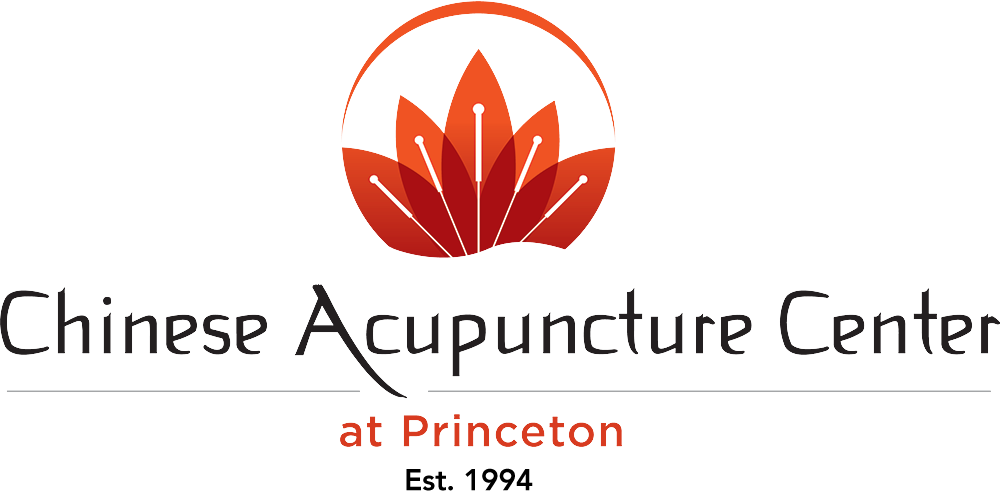Why Acupuncture?
The benefits of acupuncture – using the body’s own wisdom to naturally and comprehensively heal even the most intractable illnesses – has been practiced for over 5000 years.
Gentle, and compassionate in nature, acupuncture nurtures the steady flow of qi (pronounced chee) or life energy through the body’s twenty meridians (twelve standard and eight extraordinary). It can be helpful to think of these meridians as intricate networks of canals, and the qi as precious cargo that must reach ports far and wide.
When healthy, the body distributes an abundant supply of qi through its networks. However, any number of environmental and lifestyle stressors (e.g., pathogens, poor diet, overwork, emotional trauma, or physical injury) can disrupt flow by either decreasing the supply of qi or clogging channels. Congestion at any part of the pathway impedes qi from reaching its destination, leaving vital organs undernourished, systems imbalanced, and the body susceptible to disease and discomfort.
Fortunately, the body is naturally equipped to communicate blockages. Various signs, such as a white coating on the tongue, a thready pulse, and blotchy patches on the skin, reveal the specific nature and locations of stuck energy. A skilled practitioner can identify energy constrictions by feeling the pulse, evaluating the tongue, examining skin variations, as well as observing other physical signs and symptoms.
Upon diagnosis, the practitioner stimulates the body’s innate healing mechanisms by gently inserting hair-thin, sterile, disposable needles into the skin at any one of body’s specific energy points. The needles, which most patients experience as painless, stimulate healing by focusing the body’s immune response, clearing obstructions, and restoring the balance of yin and yang energies.
Because acupuncture understands the body to be a unified system, it addresses blockages across the whole length of the pathway, treating the entirety of the system, not just individual parts. Consequently, patients are often pleasantly surprised to discover the remediation of additional symptoms resulting from the benefits of acupuncture. For example, it’s not uncommon for a patient seeking treatment for insomnia to experience improved digestion, clearer skin, and reduced aches and pains, as well.
Due to its gentle nature, acupuncture has become a cornerstone of complementary medicine. Originating in ancient China, it is now widely practiced in Europe, the United States and Canada. In fact, acupuncture currently serves as the primary health care system for one third of the world’s population. In its compilation of data from controlled clinical trials, the World Health Organization (WHO) recommends acupuncture for the treatment of several dozen known diseases, symptoms, and conditions, including (but not limited to) allergies, chronic pain, depression, menstrual disorders, infertility, insomnia, and others (please see the Disorders Tab for details)
